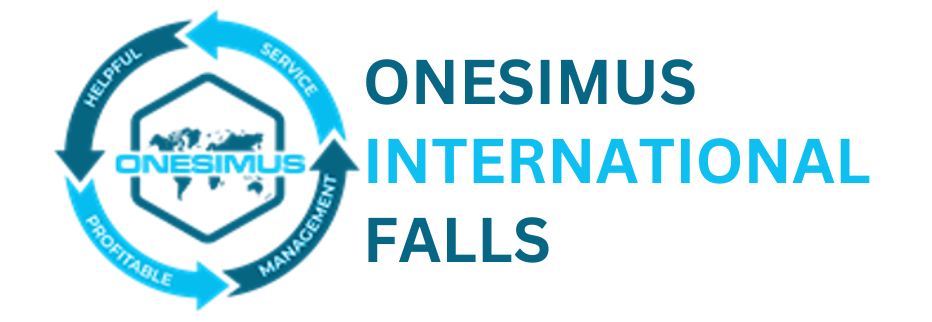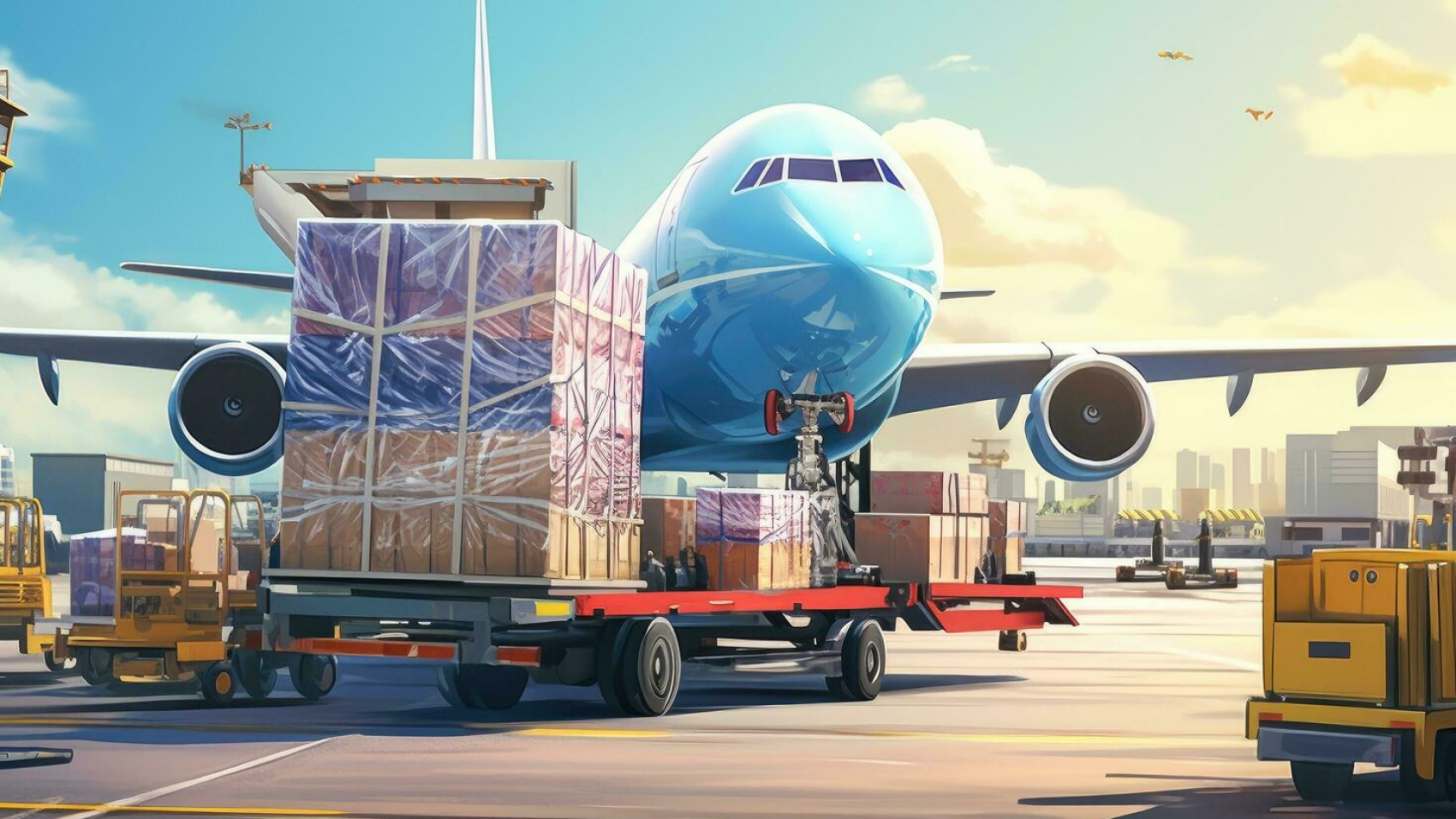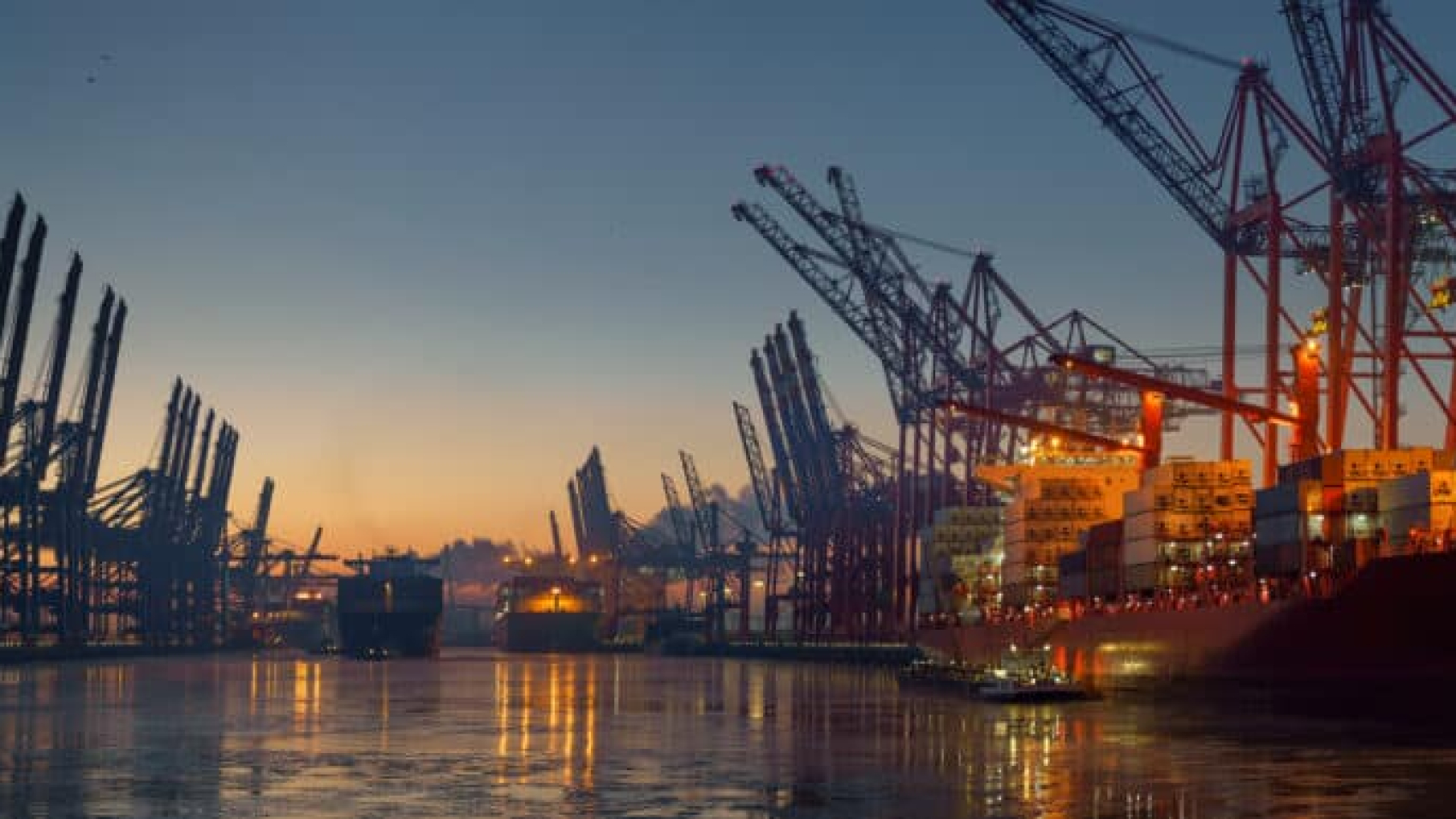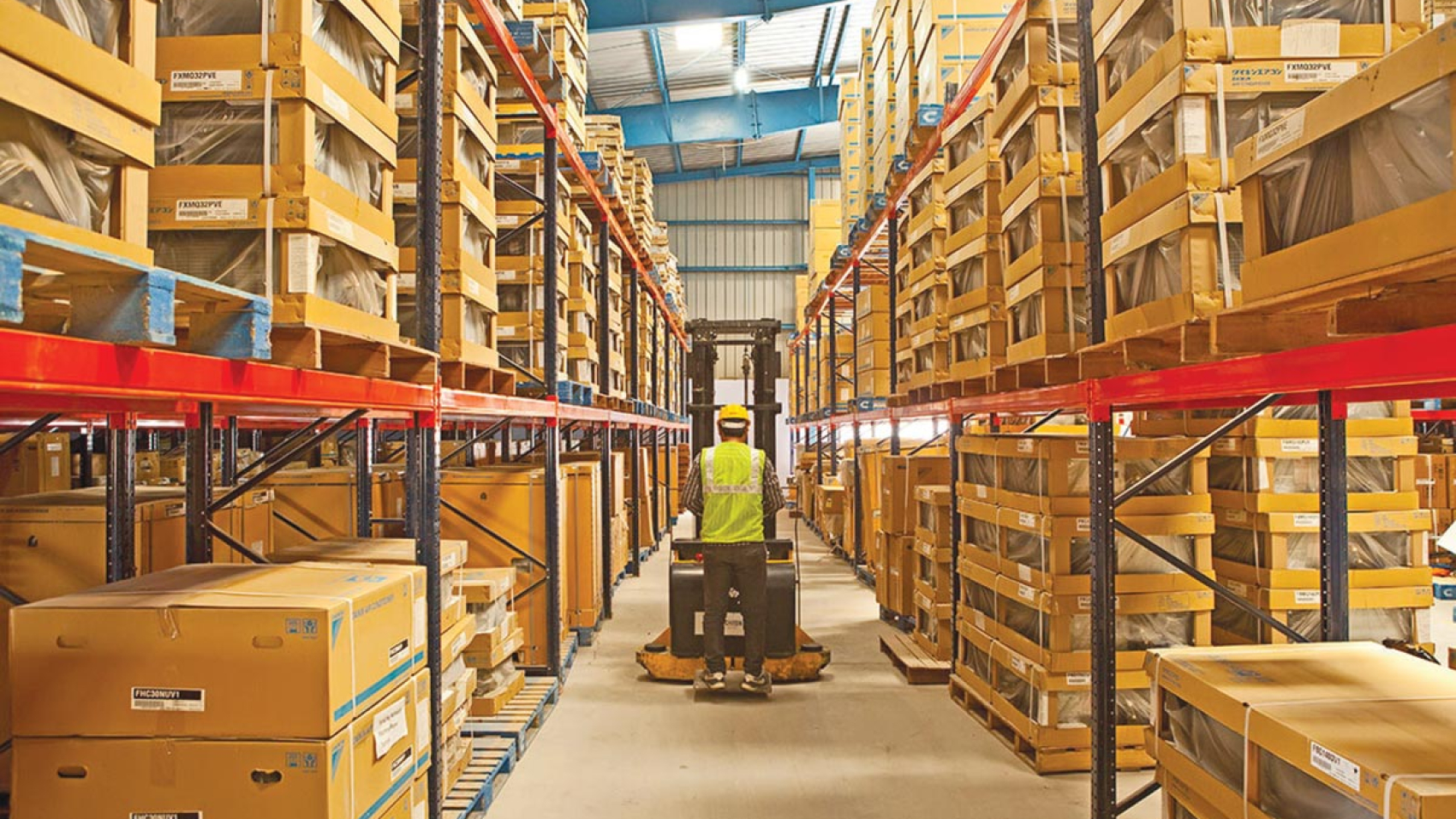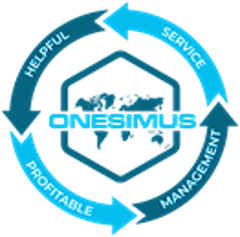In the interconnected world of global trade, the seamless movement of goods from manufacturers to consumers is essential for success. At the heart of this intricate web lies transportation solutions, which play a pivotal role in ensuring the efficient, timely, and cost-effective delivery of products across vast distances and diverse markets. In this comprehensive exploration, we delve into the critical role that transportation solutions play in driving success in global trade management.
The Importance of Transportation in Global Trade
Transportation serves as the lifeblood of global trade, facilitating the movement of goods between production facilities, distribution centers, ports, and ultimately, end consumers. In today’s fast-paced business environment, where speed, reliability, and flexibility are paramount, the choice of transportation mode can significantly impact supply chain performance and competitiveness.
Key Components of Transportation Solutions
Transportation solutions encompass a wide range of services and modes, each offering unique benefits and challenges. From ocean freight and air cargo to road transport and rail logistics, businesses have a plethora of options to choose from based on factors such as cost, transit time, destination, and the nature of the goods being transported.
Efficiency and Reliability
One of the primary goals of transportation solutions is to ensure the efficient and reliable movement of goods from point A to point B. This requires careful planning, optimization, and coordination across various transportation modes and routes. By leveraging advanced logistics technologies, such as route optimization algorithms and real-time tracking systems, businesses can minimize transit times, reduce costs, and enhance supply chain visibility.
Flexibility and Adaptability
In the dynamic landscape of global trade, flexibility and adaptability are essential traits for transportation solutions. Market conditions, customer demands, and regulatory requirements can change rapidly, necessitating agile responses and adjustments to transportation strategies. Whether it’s accommodating sudden surges in demand, navigating geopolitical uncertainties, or complying with new trade regulations, transportation solutions must be flexible enough to adapt to evolving circumstances while maintaining operational efficiency.
Risk Mitigation and Compliance
Transportation solutions also play a crucial role in mitigating risks and ensuring compliance with regulatory frameworks. From security threats and cargo theft to customs clearance delays and trade sanctions, businesses face a myriad of risks that can disrupt transportation operations and impact supply chain continuity. Effective risk management strategies, coupled with robust compliance measures, are essential for safeguarding shipments, protecting assets, and maintaining regulatory compliance in the complex world of global trade.
Driving Innovation and Sustainability
Innovation is key to driving continuous improvement and sustainability in transportation solutions. From the development of alternative fuels and eco-friendly vehicles to the implementation of smart logistics technologies and autonomous systems, the transportation industry is undergoing rapid transformation to meet the evolving needs of global trade while minimizing its environmental footprint. By embracing innovation and sustainability initiatives, businesses can enhance their competitive edge, reduce costs, and contribute to a more sustainable future.
Conclusion: Maximizing Value Through Transportation Solutions
In conclusion, transportation solutions play a multifaceted role in driving success in global trade management. From optimizing supply chain efficiency and reliability to mitigating risks, ensuring compliance, and driving innovation, transportation solutions are indispensable assets for businesses operating in today’s interconnected global marketplace. By partnering with a trusted transportation provider that offers tailored solutions, advanced technologies, and industry expertise, businesses can maximize value, minimize risks, and achieve sustainable growth in the competitive world of global trade.
